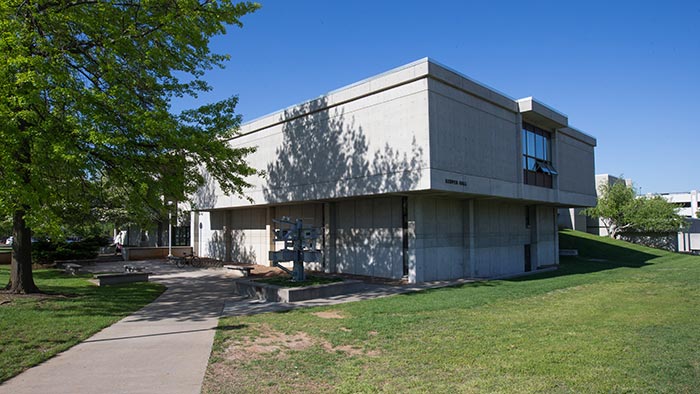
PAMS Seminar: "Stimuli-Responsive Multi-Functional 2D and 3D Nanoporous Materials in Condensed Phases" by Dr. Mohammad Momeni

- Date and time
- 4:00 PM - 5:00 PM, November 30, 2023
- Description
Dr. Mohammad Momeni
University of Missouri, Kansas CityAbstract:
The many degrees of freedom and the complex and often quantum-mechanical nature of reactions in condensed phases hinder atomistic-level characterization and understanding of structure-functionality relationships. Novel computational platforms should be created that benefit from the efficiency of classical molecular dynamics but at the same time retain the accuracy of quantum-mechanical calculations. Here, I will discuss our recent computational developments implemented in our open-source software DL_POLY Quantum in the context of two families of nanoporous materials: 2D layered metal-organic frameworks (MOFs) and 3D zeolitic-imidazolate frameworks (ZIFs). I will show how theory can shed light on the responsive nature of 2D MOF architectures to external stimuli, including temperature and humidity. For the ZIF family, I will discuss two cases of (i) atomistic molecular dynamics simulations applied to large realistic nanoparticles in an aqueous solution and (ii) the effects of incorporating nuclear quantum effects into the simulations using Feynman’s path integral formalism.
- Event sponsor
- Physics, Astronomy and Materials Science
- Admission
Free
- Open to public, alumni, current students, faculty, future students, staff
- Location
Additional information
- Event contact
- Tiglet Besara
- Assistant Professor
- tigletbesara@missouristate.edu
- 417-836-6298
- Visit website
